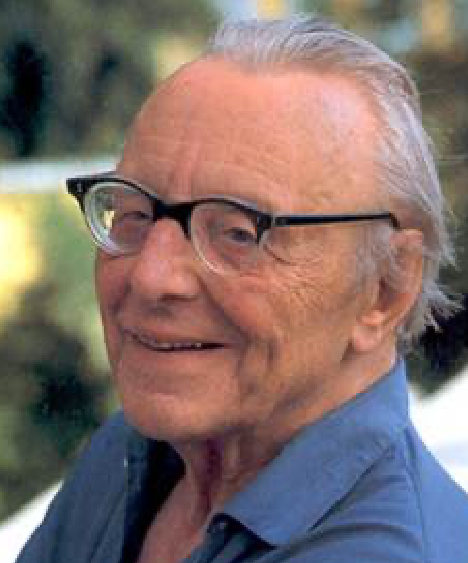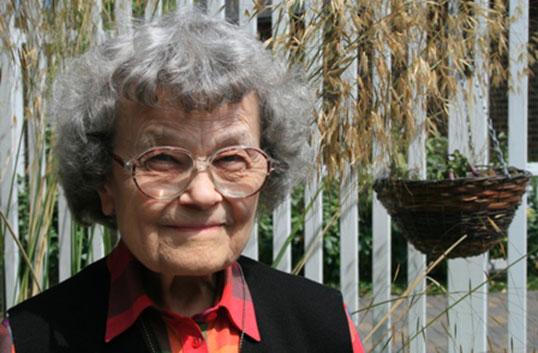History
Carl Orff believed in what he called 'elemental music.'
‘Elemental music is near the earth, natural, physical, within the range of everyone to learn it and to experience it, and suitable for the child.’
‘It is music that one makes oneself, in which one takes part not as a listener but as a participant.’
‘It is unsophisticated, employs no big forms and no big architectural structures, and it uses small sequence forms, ostinato and rondo.’
Carl Orff first became interested in music education in the 1920s, founding a movement school in Munich with Dorothee Gunther. They were both interested in spontaneous, personal, musical expression where students could improvise their own music and their own accompaniments to movement.
Later he worked with student and colleague Gunild Keetman who co-wrote many of the pieces, songs, and improvisation frameworks. In 1961 he opened the Orff Institute in Salzburg to continue the approach.
In the late 1950s Margaret Murray was asked to create an English version of Orff’s Schulwerk suitable for the UK. Between 1957 and 1966 Music for Children Volumes 1 to 5 were published by Schott, covering topics including speech, songs, dances, pentatonic scales, modes, drones, ostinato, and body percussion.




